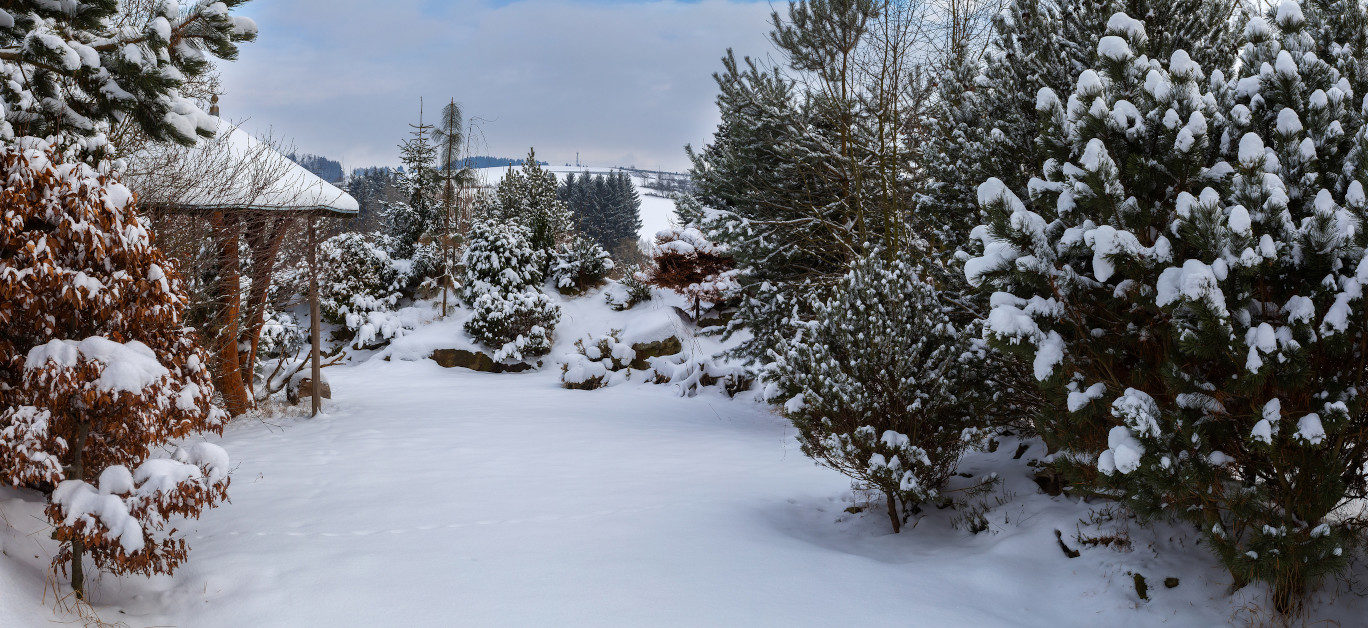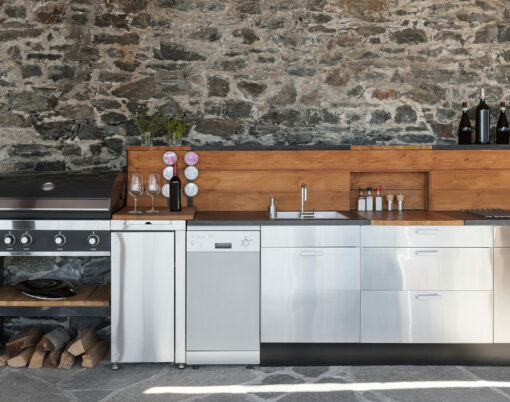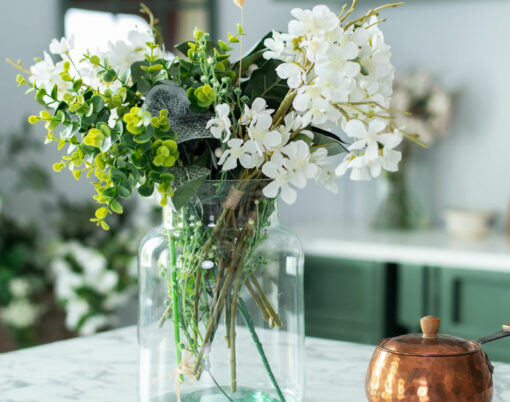Preparing your home for the hardships of the colder months is undoubtedly crucial, especially as it is predicted to be the worst winter in decades. However, many seem to forget the importance of equally protecting their gardens against these harsh climates, which can cause irreparable damage to your plants and expensive equipment.
Protecting your garden from the colder weather will ensure that it looks beautiful and vibrant in spring, as well as making sure that it continues to look presentable for visitors. From shielding your plants and furnishings to ensuring that your outdoor pipes are protected, we have listed the main elements you need to consider before winter arrives.
Protecting expensive outdoor items
If you have any garden furniture, barbecues or fire pits, then ensure that they are protected by placing fitted covers over them. Covering your outdoor furniture will prevent any water damage, such as rot and rust — remember to double-check that these covers do not lift, and if so, simply secure them with straps.
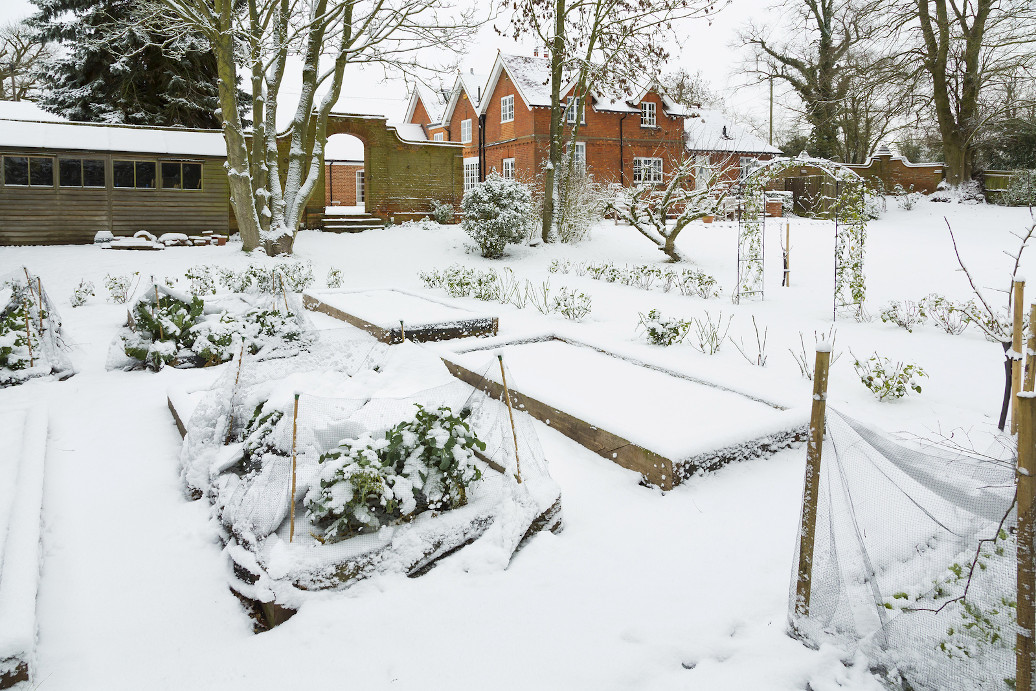
Purchasing durable gardening tools — hose reels, pressure washers and leaf blowers — from trustworthy brands like these listed on Yard Care Life, will offer more reliability. However, it is still advisable that you store them safely indoors for added protection.
Moving all of these expensive items indoors would be a wiser choice to efficiently protect them from the winter weather, however, if you do not have additional space then why not invest in a storage shed?
From leisurely items like garden furniture and barbecues to tools such as hose reels and wheelbarrows, you can rest assured that there will be one that fits all your expensive outdoor items.
Protecting the outside of your home
Do you have any outside taps? If so, then you must turn off the stop tap and drain it. This will prevent your pipes from freezing and bursting, ultimately saving you from costly repairs — to ensure extra protection, insulate any exposed pipes and cover any faucets with insulating foam covers.
Ensure that you check the condition of your roof before winter arrives, as there may be broken tiles or cracks that you will need to take care of.
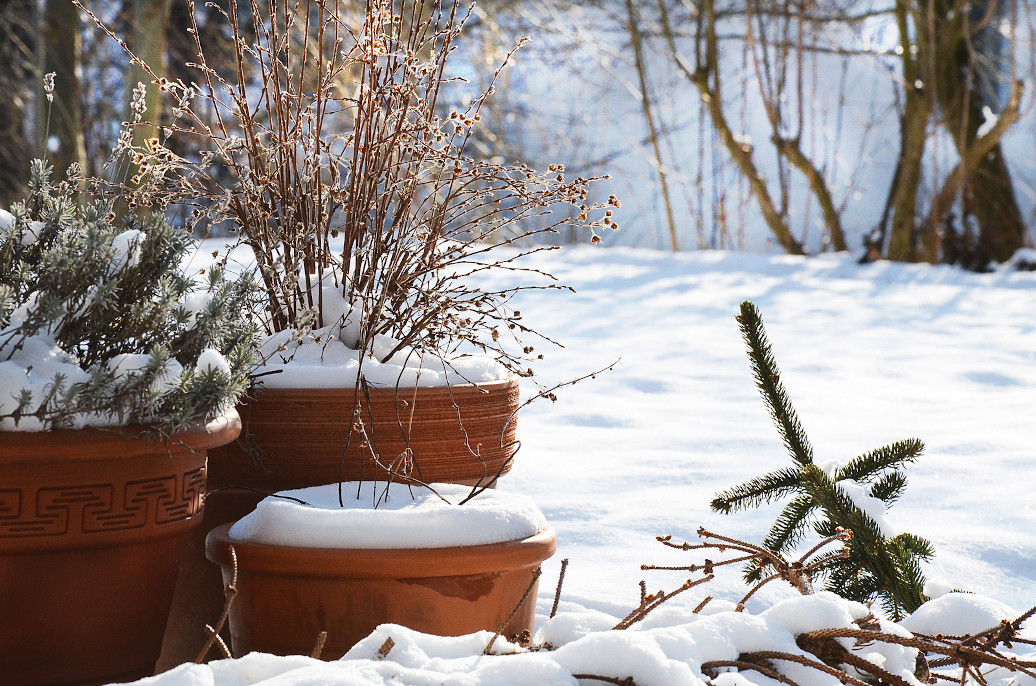
Similarly, you must check the gutters and downspouts, as they may need to be cleaned and unclogged, otherwise, you could be at risk of flooding and causing structural damage to your home — if there are any repairs to be done, then immediately hire a professional to carry out the essential work.
Protecting your plants
If you do not have any undercover storage space, then you should consider covering any small number of plants with a cold frame, which is specially designed to protect your plants from the cold weather. For larger garden beds, there are special horticultural insulating fleeces that you can use to cover them — alternatively, simply use sheets of bubble wrap, as it works just as well.
Remember to regularly move the compost or bark around the plants to prevent the ground from freezing. If any plants are exposed to snowfall, try to shake off any heavy loads of snow from the branches, otherwise, the weight will cause damage.
Protecting your grounds
After a busy summer, lawns require some tender loving care before winter arrives. Let your grass grow and only mow the lawn during the final days of autumn so that it is trimmed in time for snow — longer grass can be deeply affected by snowfall and could develop brown patches in the spring so avoid this by following our tip.
To prevent slippery pathways caused by frost, ice or snow, use a salt spreader to salt any outdoor flooring or driveways, as it could be a potential hazard if left alone — similarly, fallen leaves can also cause a risk if left untouched, so rake and use the pile to create mulch for your plant’s soil.
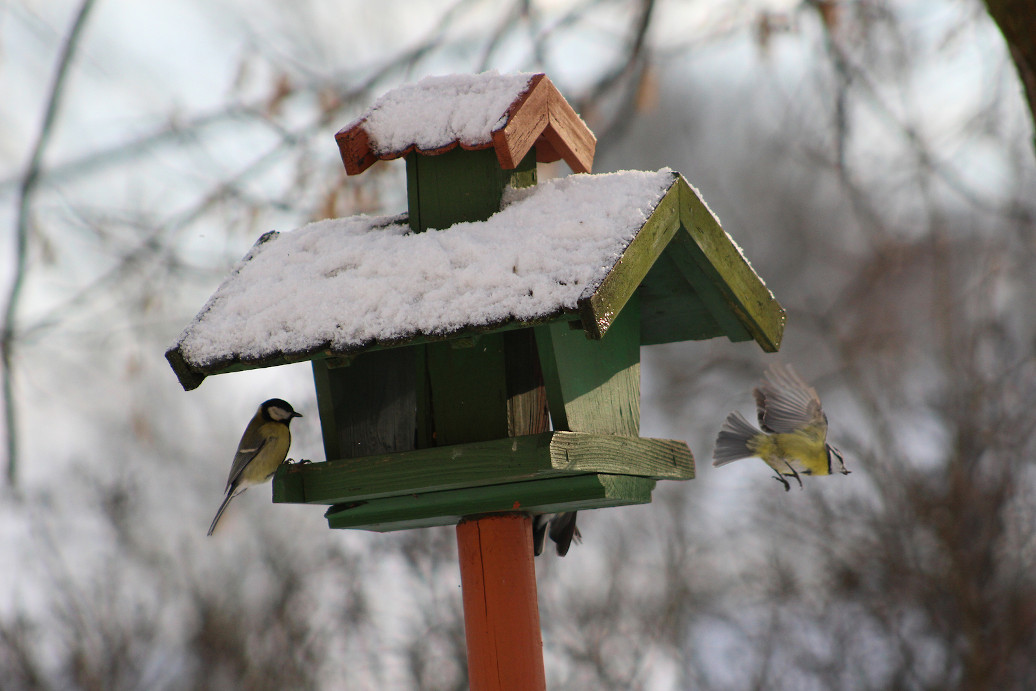
Protecting your garden’s wildlife
Winter is not only harsh on us, but it also becomes a difficult environment for wildlife, thereby it is vital to feed the birds that visit your garden as they will need plenty of help.
Simply leave out feeders for birds and squirrels to use, as well as water baths — if temperatures go down to freezing, break the ice on any ponds and water features so that they can drink.
Remember that a healthy garden ecosystem needs insects which help enrich the soil and pollinate plants, therefore if you are hoping for a wonderfully vibrant garden in spring, ensure that you make it a liveable environment for the fauna — an effective way to achieve this would be to place bug hotels across your garden to give them a secure home for the winter.
We hope these tips help your garden survive the unpredictable winter weather so that it thrives beautifully in spring.












